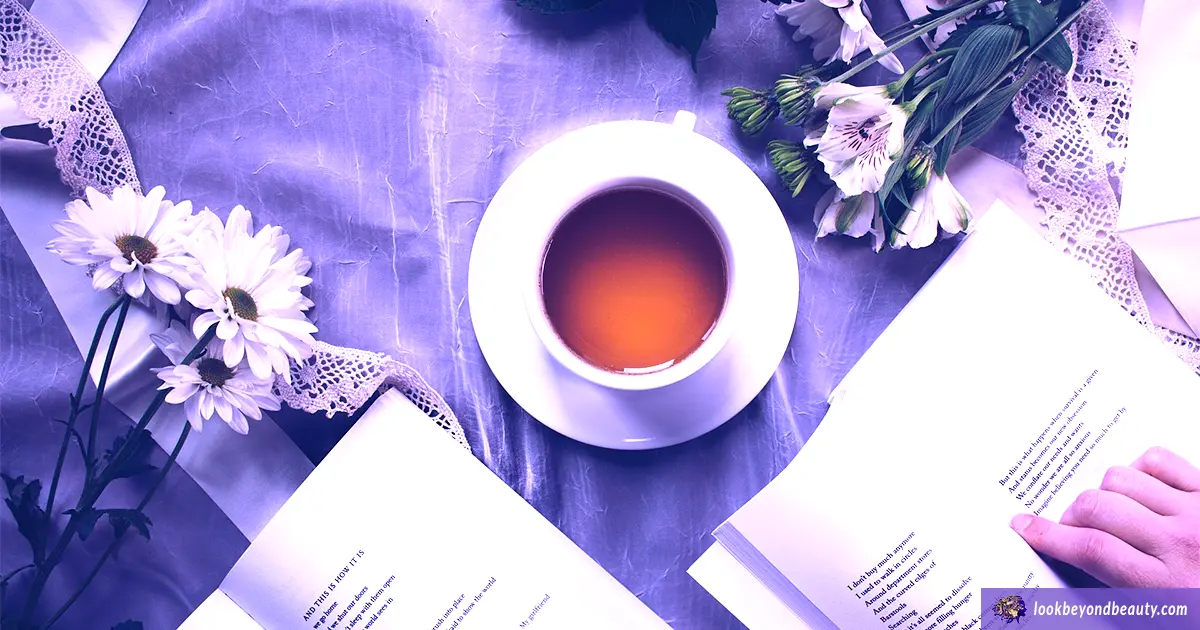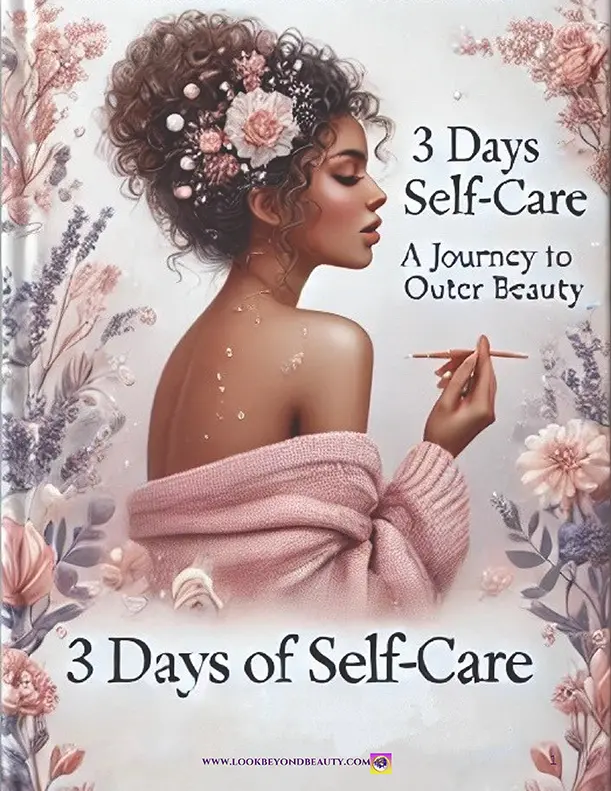Beyond the Dream: Embracing Self-Care as a Radical Act of Love

Dr. Martin Luther King Jr.’s legacy is not only defined by his fight for civil rights and justice, but also by his unwavering belief in the power of love, humanity, and self-worth. In a world that often places value on external achievements and social expectations, Dr. King’s teachings encourage us to embrace self-care as an act of profound love and radical resistance. By looking at his philosophy, we can better understand why prioritizing our well-being is not a luxury, but a necessity.
Dr. Martin Luther King Jr. on Self-Worth
Dr. King often spoke of the inherent dignity and worth of every human being. At the core of his message was the idea that all individuals deserve respect, equality, and justice. He reminded us that the fight for civil rights was not just about laws or systems. It was also about affirming the value of the individual. His famous quote, “You are somebody,” encapsulates this belief in self-worth.
For Dr. King, the struggle for justice was rooted in love and respect for oneself and others. When people understand their own value, they can better contribute to the world around them. But what happens when we don’t recognize our own worth? What happens when we neglect the importance of self-care?
Dr. King was no stranger to the emotional and psychological toll that fighting for justice can take. He experienced immense pressure, criticism, and personal sacrifice. Yet, through it all, his commitment to love and non-violence remained unwavering. His example teaches us a lot about self-worth. For example, that maintaining our emotional health, setting boundaries, and caring for ourselves are not signs of weakness or selfishness. But rather vital acts of self-respect and dignity.
Why Self-Care is a Necessity, Not a Luxury
In today’s fast-paced, productivity-driven world, the concept of self-care is often misunderstood or undervalued. Many people see it as an indulgence reserved for moments of respite, something to be enjoyed only when there’s “time.” However, Dr. King’s life and message suggest that self-care is a fundamental necessity, not a luxury.
When we think of self-care as a form of self-love, it becomes clear that it is essential for survival, resilience, and resistance. Embracing self-care allows us to show up fully for the causes we believe in, for the people we love, and for ourselves. Without it, we risk burnout, resentment, and exhaustion. These forces can undermine the very change we wish to create in the world.
Dr. King knew that sustaining a long-term movement required nurturing the spirit, mind, and body. In his own life, he turned to moments of rest and reflection, even when the weight of the world seemed to be on his shoulders. His discipline in preserving his own well-being allowed him to be a steady force for justice. As a result, he demonstrated that the work of creating a better world requires balance.
DOWNLOAD 3 DAYS OF SELF-CARE eBOOK
Embracing Self-Care as a Radical Act of Love
In the context of Dr. King’s teachings, embracing self-care becomes not just a personal practice. It is also a radical act of love—love for oneself, for others, and for the world. Self-care is often framed as a personal indulgence. However, viewed through the lens of Dr. King’s philosophy, it is a collective act that contributes to the well-being of society.
By taking care of ourselves, we are better equipped to engage in the work of justice, equality, and healing. We are able to show up with compassion, patience, and clarity, rather than operating from a place of burnout or frustration. Moreover, when we model self-care in our own lives, we encourage others to do the same. In this way, self-care becomes a communal act of empowerment. One that strengthens the bonds between individuals and their communities.
Dr. King’s concept of “beloved community” emphasizes the interconnectedness of all people. This vision extends to how we treat ourselves. By embracing self-care, we honor our connection to the collective struggle. And embrace the idea that we must first care for ourselves before we can care for others. This self-love is not selfish; it is the foundation of all meaningful love and action.
How to Embrace Self-Care in a Meaningful Way
To honor Dr. King’s message of love and justice, it’s essential to integrate self-care into our daily lives in meaningful ways. This can take many forms, and it’s not limited to traditional forms of self-care like exercise or spa days (though those can be valuable). True self-care involves taking care of our mental, emotional, and spiritual needs as well. Here are a few ways to start:
- Set Boundaries: Know your limits and protect your time and energy. Dr. King had to set boundaries to maintain his focus, and so should we. Whether it’s saying no to unnecessary obligations or carving out time for rest, boundaries are a form of self-respect.
- Prioritize Mental Health: Dr. King understood the toll that the fight for justice could take on the mind. Practicing mindfulness, meditation, or speaking with a therapist can help process stress and maintain mental clarity.
- Nurture Relationships: Surround yourself with people who uplift you and support your well-being. Building a strong support system is crucial for maintaining resilience in the face of adversity.
- Engage in Creative Expression: Dr. King often turned to art, music, and literature to find solace and inspiration. Creativity is a powerful tool for healing and self-expression. Make time for activities that bring joy and allow you to connect with your inner self.
- Give Yourself Grace: Understand that you are worthy of love and care, regardless of your productivity or achievements. Dr. King’s message of equality reminds us that we are all deserving of care simply because we exist.
Conclusion: A Legacy of Self-Love and Justice
Embracing self-care is not just an act of personal benefit – it is a radical act of love and justice. It is a continuation of Dr. Martin Luther King Jr.’s work, one that acknowledges the profound interconnection between individual well-being and collective freedom.
When we care for ourselves, we honor our own dignity, and in turn, contribute to the ongoing work of creating a more compassionate and just world. By nurturing ourselves, we become better equipped to love others, to fight for justice, and to build a world where everyone can truly experience the fullness of their worth.
To Good Health,
Marcey, Certified Health Coach & Trichologist
DISCLAIMER: The content in this blog is for informational purposes only. And not intended to diagnose, treat, cure, or prevent any medical condition or replace your healthcare professional’s advice and guidance. If you suspect a medical condition, please seek medical attention immediately.
You may also enjoy reading: Say Goodbye to Dandruff: Trichologist Approved Tips for a Healthy Scalp






